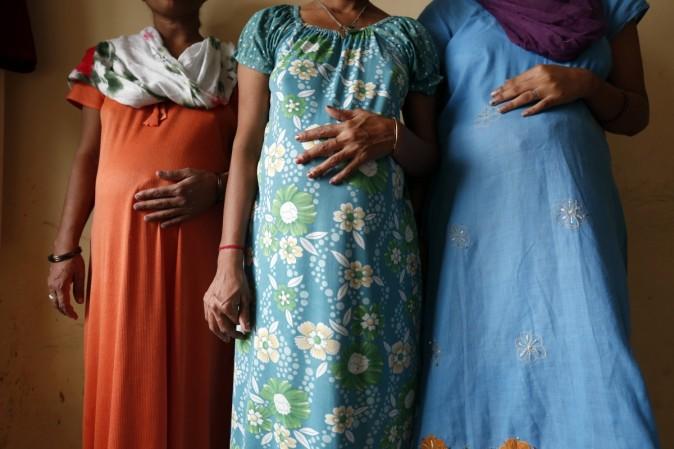
A 23-member parliamentary panel on the surrogacy bill has recommended that surrogate mothers should not be restricted to "close relatives" and instead any willing woman should be allowed to be so.
The Rajya Sabha Select Committee, chaired by BJP's Bhupender Yadav, has also suggested omission of five-year time limit before seeking surrogacy and permit single woman and Persons of Indian Origin (PIOs) to avail surrogacy removing the requirement of five years as the period of inability to conceive before opting for surrogacy.
It has also suggested increasing the insurance cover for the surrogate mother from 16 months proposed in the bill to 36 months.
With many Rajya Sabha members across party lines suggesting changes in certain provisions of the Surrogacy (Regulation) Bill, 2019 the government had in the winter session agreed to refer the draft legislation to a Select Committee.
The surrogacy bill that seeks to ban commercial surrogacy seeks to prevent unethical practices, exploitation of surrogate mothers, abandonment of children born out of surrogacy and intermediaries involved in importing human embryos and gametes.
The Select Committee has recommended 15 major changes in the bill that is pending before the Upper House.
The Committee, in its report, has advocated that single Indian woman in the age group of 35 to 45 years may be allowed to avail surrogacy. The committee noted that there are conditions under which a single person genuinely needs to avail surrogacy option to have child.
"One such situation is a young age widow, who is otherwise capable but can not carry a child because of fear of social stigma attached to pregnancy of widows in our society," the Committee said.
The committee also proposed that a provision be included in the bill allowing PIOs to avail surrogacy in the country after obtaining a certificate of recommendation from the Surrogacy Board.
The Select Committee, while strongly backing the provision of the bill allowing only altruistic surrogacy and not commercial surrogacy, opined that "the sublime and divine instinct of motherhood could not be allowed to be turned into mechanical paid service of pro-creation devoid of divine warmth and affection".











